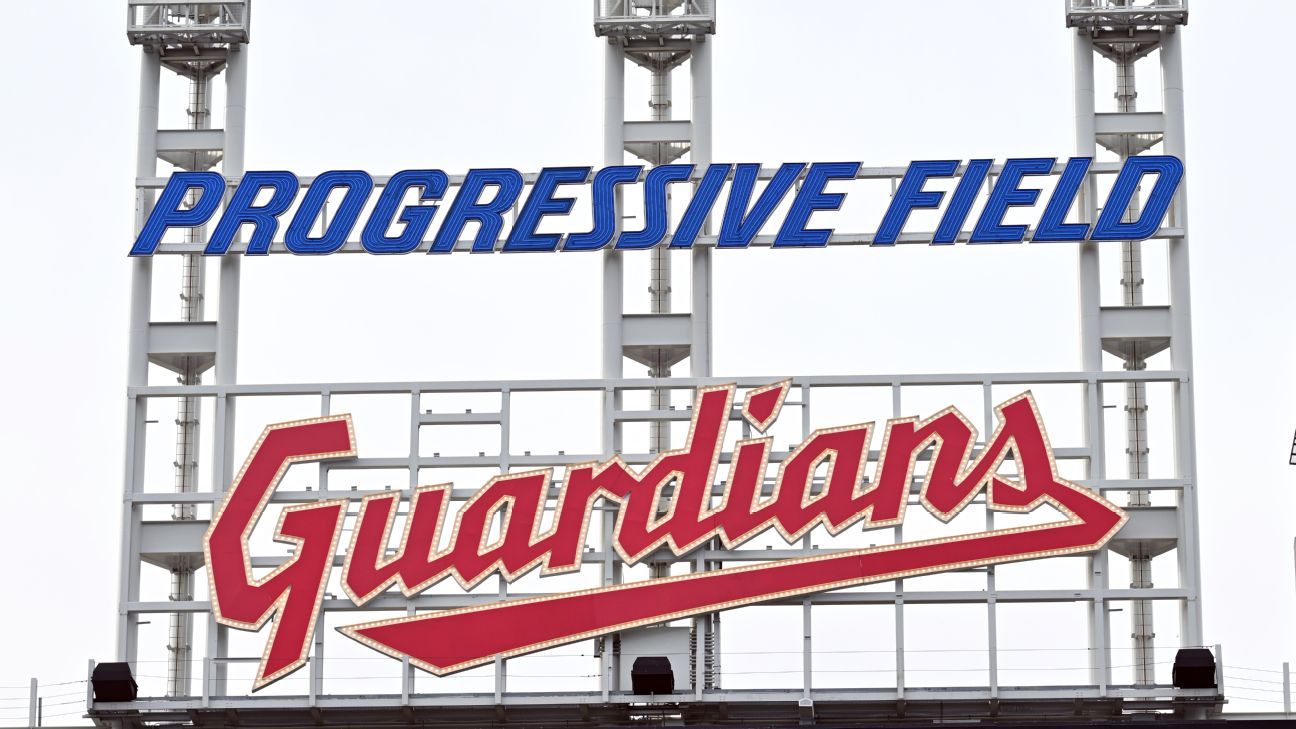
WILMETTE, Ill. — There is a familiar refrain that sports and politics should not mix.
Many feel strongly that government should stay out of the sports business and allow fans to enjoy the field of play without the outside distractions of everyday life.
However, maintaining a firewall between the two ignores reality. At the state and local level, sports may depend on government assistance. This may include subsidies, tax breaks, infrastructure improvements and first-responder staffing support.
At the federal level, leagues receive antitrust exemptions, favorable tax rulings and workplace regulations.
The motorsports industry is active in creating a positive approach on a wide range of issues that may impact the business and the sport.
Recently, the National Motorsports Coalition hosted a reception in Washington, D.C., to focus on matters that impact various stakeholders in the racing industry.
Held in conjunction with the Congressional Motorsports Caucus, the coalition serves as an informal bipartisan group of members dedicated to celebrating motorsports of all varieties and understanding racing’s impact on American culture and the economy.
There are more than 40 members representing districts across the country and they are working toward a common goal. The co-chairs are Florida Rep. Bill Posey and California Rep. Mike Thompson.
The gathering featured a discussion with leaders from IMSA, IndyCar, NASCAR, NHRA, SCCA, SMI, USAC and others. George Silbermann, president of the Automobile Competition Committee of the United States, provided highlights of the industry.
Several notable drivers attended, including Mario Andretti, Kyle Busch, Brad Keselowski, Joey Logano, Austin Cindric, Steve Torrence, Clay Millican, Trent Hindman, Tommy Milner, Tracey Gardiner and Samantha Tan.
Legislation was introduced for the Motorsports Fairness and Permanency Act, which makes permanent the seven-year cost recovery for motorsports entertainment complexes, giving these facilities the tax certainty needed to make long-term investments in safer racing environments.
This law has been introduced and passed before only to expire. Making this aspect of the tax code permanent is the goal.
If this law passes, it will help family-owned race tracks across the nation improve the driver and fan experience, create jobs and enhance safety features.
The RPM (Recognizing the Protection of Motorsports) Act support efforts are underway to make it legal under federal law to modify the emissions system of a motor vehicle that is converted for racing use.
Individual states are also establishing bills to supporting racing in their areas. North Carolina, Indiana, Florida, New York and other states have laws favorable to motorsports.
South Carolina created a racing study commission to look at how the state can encourage all forms of racing present in the state. It will also examine important economic and civil value that additional motorsports can provide, along with aiding and incentivizing construction of motorsports complexes.
West Virginia created a motorsports committee that is tasked with aiding the development of racing events and facilities throughout the state. The committee will seek opportunities to promote economic growth and manufacturing jobs related to motorsports.
Hawaii has a resolution supporting the construction of a race track on the island of Oahu, which would serve as a gathering place for local racers and fans. Creating a venue would increase tourism and provide a legal alternative to street racing.
The combination of racing and politics may not be desired by race fans. However, it is important to support efforts to maintain the legality and heritage of this important economic engine.















 Phone: (800) 737. 6040
Phone: (800) 737. 6040 Fax: (800) 825 5558
Fax: (800) 825 5558 Website:
Website:  Email:
Email: 






